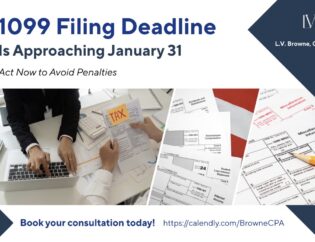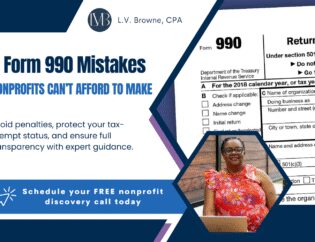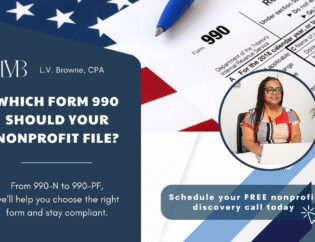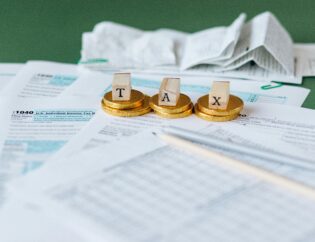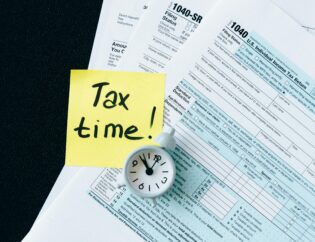
IRS Non-Filer Notices
The IRS has introduced a new policy targeting high-income taxpayers who have neglected to file federal income tax returns in over 125,000 instances since 2017. This initiative, funded by the Inflation Reduction Act, kicks off with the issuance of IRS compliance letters. More than 25,000 letters have been sent to individuals with incomes exceeding $1 million, while over 100,000 letters are going out to those with incomes ranging between $400,000 and $1 million for tax years 2017 to 2021. The IRS plans to mail out 20,000 to 40,000 CP59 notices weekly, beginning with filers in the highest income brackets.
Understanding the CP59 Notice
The CP59 notice is issued when the IRS has no record of a taxpayer’s prior personal tax returns being filed. This notice outlines steps the taxpayer can take to resolve their non-filing status.
Immediate Action Required
Recipients of these letters are urged to take prompt action to avoid further repercussions. Failure to respond to the non-filer letter can lead to a cascade of consequences, including additional notices and enforcement actions. These may range from collection efforts and audits to potential criminal prosecution.
When a taxpayer repeatedly neglects to respond and fails to file their tax returns, the IRS steps in to create a substitute tax return on their behalf. This substitute return is calculated based on income reported by employers, financial institutions, and other sources. It factors in the tax, penalties, and interest owed by the taxpayer.
Upon creating a substitute return, the IRS will issue a notice of deficiency, known as CP3219N or the 90-day letter, proposing a tax assessment. The taxpayer then has 90 days to either file their past due tax return or file a petition in Tax Court. Failure to take action within this timeframe will result in the IRS proceeding with the proposed assessment.
Despite the IRS filing a substitute return, it remains in the taxpayer’s best interest to file their own tax return. By doing so, they can take advantage of any exemptions, credits, and deductions they are entitled to receive. In many cases, the IRS will adjust the taxpayer’s account to reflect the correct figures once their own return is filed.
Other Collection or Audit Actions
The IRS’s prepared substitute tax return may lead to a tax bill, triggering collection actions such as wage or bank account levies and federal tax liens. Taxpayers unable to pay their tax debt in full may explore available resources. Repeated non-filing could result in further penalties and legal action.
To learn more about non-filer compliance notices, contact Lakeesha V. Browne, CPA. Send your questions here or schedule a consultation today!
_____________________________________________________________________________________________________
Works Cited: IRS.gov. “What to Expect After Receiving a Non-Filer Compliance Alert Notice and What to Do to Resolve.” February 2024. https://www.irs.gov/newsroom/what-to-expect-after-receiving-a-non-filer-compliance-alert-notice-and-what-to-do-to-resolve.

